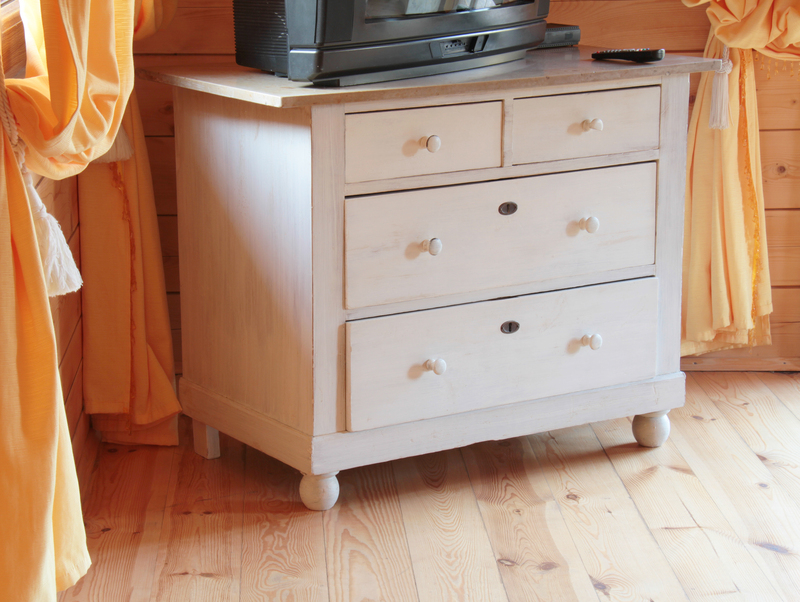
Expert Tips on Hard Rubbish: From Identification to Disposal
Properly managing hard rubbish is a task that many homeowners find daunting. Whether it's old furniture, broken appliances, or defunct electronics, understanding how to handle such waste is crucial for maintaining a clean and environmentally friendly home. In this article, we explore expert insights into the effective identification and disposal of hard rubbish.
Understanding Hard Rubbish: What It Is and Why It Matters
Hard rubbish refers to bulky waste items that cannot be disposed of in regular rubbish bins. Recognizing why proper disposal is important can lead to more sustainable waste management practices.
Common Types of Hard Rubbish
- Old Furniture: Chairs, tables, sofas, and cabinets that are no longer usable.
- Electronic Waste: Items such as TVs, computers, and mobile phones.
- White Goods: Large household appliances like refrigerators and washing machines.
- Garden Waste: Includes branches, cuttings, and other organic materials that don't fit in a regular bin.
Proper awareness and understanding of these items can greatly facilitate their disposal.
Disposal Challenges and Solutions
Disposing of hard rubbish can be challenging due to its size, weight, and potential environmental impact. However, there are several solutions that can help mitigate these challenges.
Council Collection Services
Most local councils offer scheduled hard rubbish collection services. Residents can schedule pick-ups or find designated drop-off points where they can dispose of hard rubbish responsibly.
Recycling Centers
Many items categorized as hard rubbish can be recycled. Old electronics and metal items, for instance, are often recyclable. Visiting a recycling center can be a great way to ensure these items do not end up in landfills. Reach out to local centers that specialize in processing specific types of materials.
Donation and Resale
- Charity Donations: Some organizations might accept old furniture and electronics in functional condition for donation.
- Resale Platforms: Consider selling usable items online to someone in need.
_Think creatively_ about how each item can be reused to maximize sustainability.
Tips for Managing Hard Rubbish Effectively
Organizing your approach to hard rubbish can lead to more efficient and cost-effective disposal.
Identify and Sort
- _Conduct an inventory_ of the larger waste items you wish to dispose of.
- Divide items into categories: recyclables, donate/repurpose, and council collections.
This initial sorting can streamline the disposal process and ensure effective waste management.
Stay Informed
Keep abreast of local council guidelines and services. Each jurisdiction may have unique rules concerning hard rubbish, including acceptable items and scheduled collection days.
Plan Ahead
Schedule regular clean-up days to avoid the accumulation of hard rubbish. Designating specific days to assess and organize your waste encourages consistency and prevents pile-ups.
Environmental Implications of Hard Rubbish
Improper disposal of hard rubbish can have significant environmental consequences. For instance, electronic waste often contains toxic substances that can leak into the environment if left in landfills. By understanding these implications, we can motivate ourselves to pursue more environmentally conscious disposal methods.
Benefits of Responsible Disposal
- Reduced Landfill Waste: By recycling and reusing, less waste ends up in landfills.
- Conservation of Resources: Recycling allows materials to be repurposed, requiring less raw material extraction.
- Pollution Mitigation: Proper disposal reduces the release of harmful pollutants into the environment.
These benefits highlight the importance of handling hard rubbish mindfully and responsibly.
Conclusion: A Proactive Approach to Hard Rubbish
With a proactive approach to hard rubbish disposal, it is possible to maintain both a clean home and contribute to broader environmental sustainability efforts. Understanding types of waste, utilizing local resources, and integrating recycling and donation into our disposal practices will ensure effective management. Therefore, the next time you find yourself with obsolete furniture or appliances, remember these expert tips to handle your hard rubbish efficiently and responsibly.
In conclusion, by being informed and taking a strategic approach, you can turn the daunting task of hard rubbish disposal into an organized and sustainable endeavor. Proper identification, sorting, and disposal can make a significant impact in reducing your environmental footprint.
